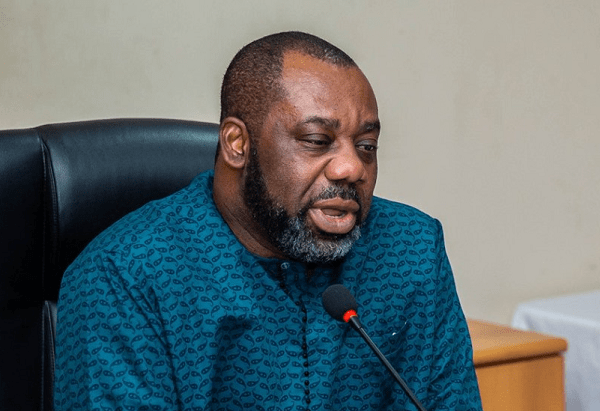
Expedite action to get teachers back to classroom
The nation-wide strike announced by the teacher unions and the response of the Ghana Education Service (GES) seem to have set the two important stakeholders in pre-tertiary education on a collision course.
The development is worrying, especially when we view it against the adage that when two elephants fight, it is the grass that suffers.
Advertisement
Last Thursday, the teachers issued the threats of a strike over what they termed the refusal of the government, and for that matter the Ghana Education Service (GES), to fully pay the legacy arrears.
Against the backdrop that the decision had been arrived at by all the three recognised teacher unions in the country – the Ghana National Association of Teachers (GNAT), the National Association of Graduate Teachers (NAGRAT) and the Coalition of Concerned Teachers (CCT), which together have members of over 300,000 in first and second cycle schools across the country, it cannot and should not be taken lightly.
We know the efforts teachers are making to education development in the country.
Indeed, they are arguably the most critical factors for the success of the nation’s educational enterprise. We also note the mandate of the GES as a state body set up to implement pre-tertiary educational policies of the government to ensure that all Ghanaian children of school age are provided with good quality formal education.
However, judging by the explanation by the GES which the Daily Graphic published yesterday, we are tempted to say that the teachers could have exercised a little patience, especially when the GES claimed it had paid all teachers, with a paltry five per cent of the number remaining.
We note the contradiction between the number the GES provided and that given by the teacher unions and we see that to be the bone of contention.
It is in this vein that we are happy with the promise by the GES to publish the names of teachers who have been paid and how much each received.
We think reconciling the figures should not be difficult and this should be done immediately, so that any other decision can be taken up from there.
Certainly, these two entities work hand in hand to make good educational outcomes possible.
All stakeholders must, therefore, work to prevent any obstacle from hindering their performance, as any turf war between them will only aggravate the problems of the educational sector.
It is our contention that the two sides must endeavour to reduce the verbal exchanges, which have the tendency to raise tempers, and rather concentrate on how to get the teachers to rescind their decision.
We are particularly concerned about this because of the serious adverse effects teacher absenteeism has on children's education.
Though reports reaching the Daily Graphic indicate that some teachers went to teach yesterday, in spite of the strike, the country can, in no way, compensate for the effect that the absence of teachers in the classroom will have on children with the few teachers who were in the classroom.
Most of the time when teachers resume work after a strike, the assurance is that they will institute remedial programmes to make for the lost time.
This is good. But we see such move as very simplistic. Suffice it to say that the teachers so institute measures to make for lost time in academic work; what about the psychological, emotional and other developmental aspects of the child that were not catered for during the period?
The cost of such lapses can be dire and even irreversible. It is for these and other reasons that we think everything must be done to bring the teachers back into the classrooms, while the GES expedites action to address their concerns.



